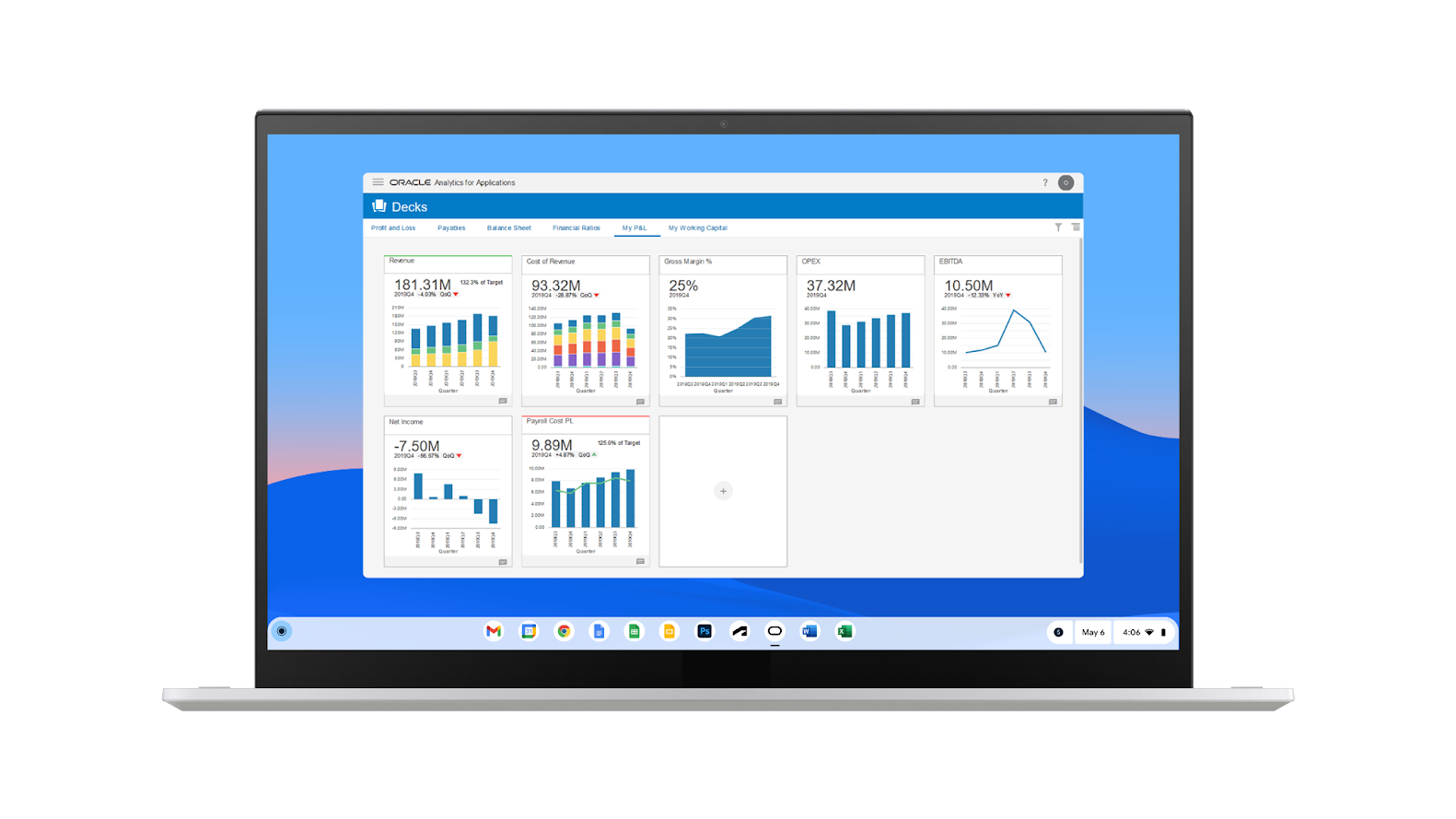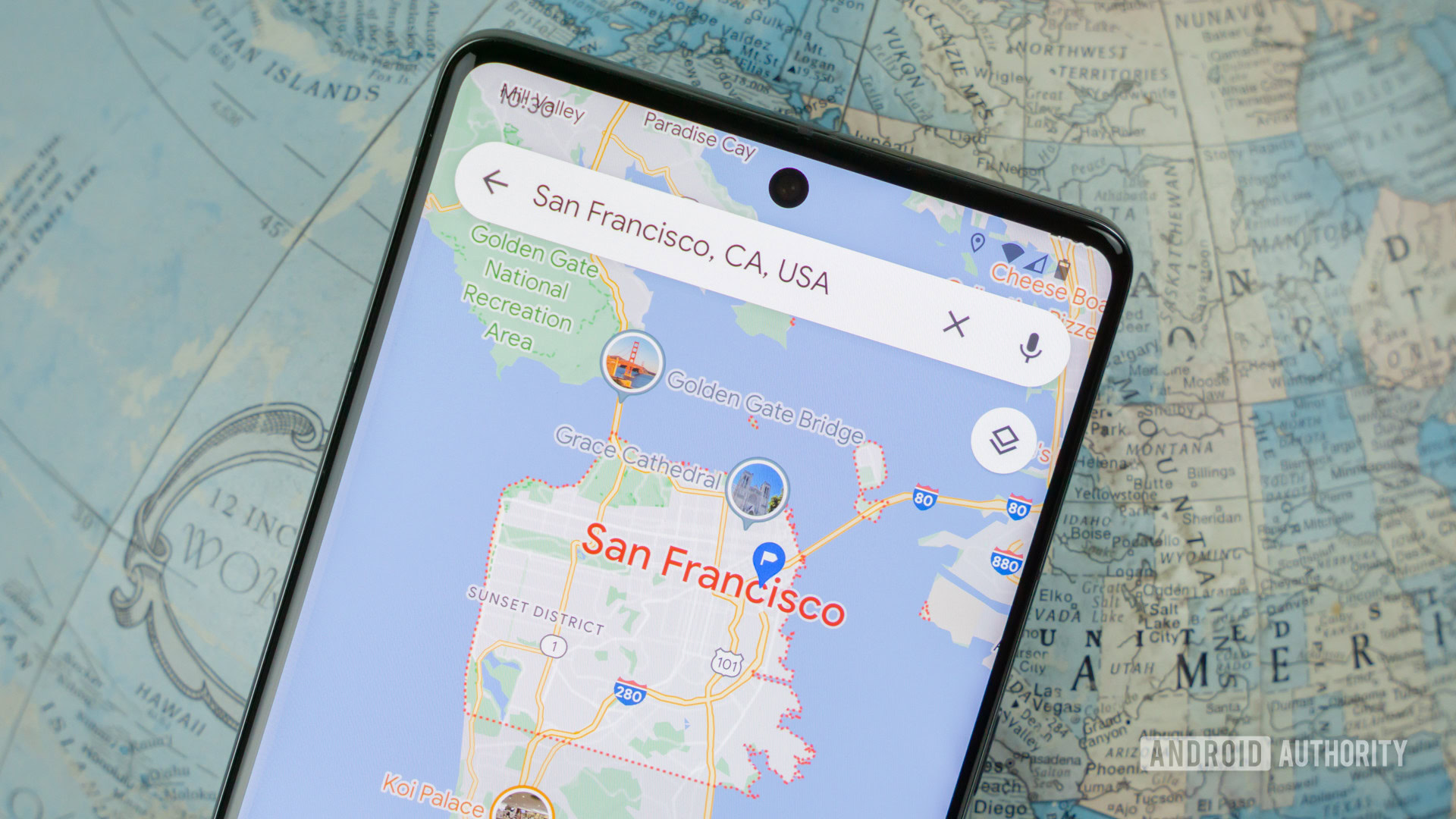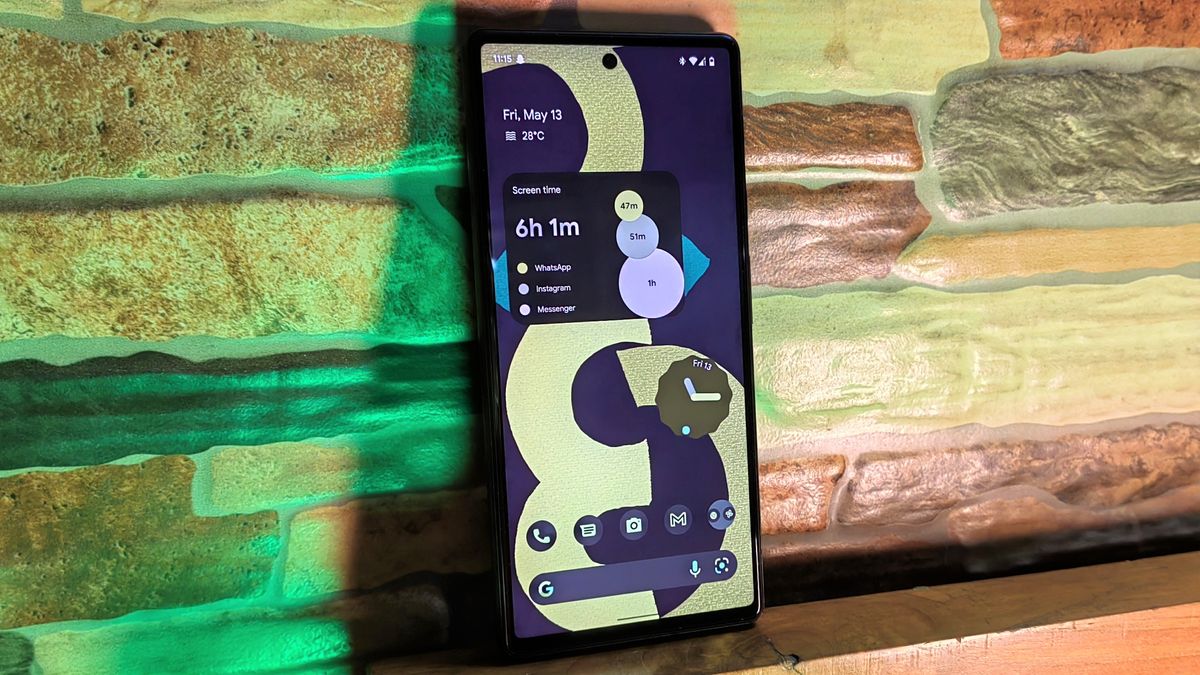Google’s latest acquisition will help bring legacy Windows apps to ChromeOS
Edgar Cervantes / Android Authority
TL;DR
- Google has acquired Cameyo, a software virtualization company, to enhance ChromeOS capabilities.
- Cameyo specializes in Virtual App Delivery (VAD), allowing Windows apps to run on devices without a full Windows installation.
- This acquisition will enable ChromeOS to better support legacy Windows applications, expanding its appeal and versatility for users.
Google has acquired Cameyo, a software virtualization company, in an effort to integrate advanced virtualized Windows app support directly into ChromeOS. Chromebooks, which run on ChromeOS, primarily utilize Android and web-based applications, but many users still need to run traditional Windows applications. This is where Cameyo’s expertise comes into play.

Cameyo’s technology allows users to run Windows applications seamlessly on ChromeOS devices without the need for complex installations or a full Windows virtual desktop. The apps run as if they were native to ChromeOS, integrating with the file system and even appearing as progressive web apps (PWAs) for easy access.
In a blog post announcing the acquisition, Google expressed its excitement about bringing the Cameyo team in-house. The acquisition builds upon a successful partnership between Google and Cameyo last year, which resulted in the integration of Cameyo’s Virtual Application Delivery (VAD) technology into ChromeOS.
According to Google, this move is driven by a broader industry trend towards web-based applications.
A recent Forrester study commissioned by Google found that 90% of IT professionals envision a future where applications reside in the cloud, not on individual desktops. By integrating Cameyo’s technology, Google aims to make ChromeOS a frontrunner in this transition.
This acquisition sounds like a win-win for both Google and Cameyo. Google gains valuable virtualization expertise and technology, while Cameyo’s team gets to work with Google’s vast resources and reach to further develop and refine its VAD technology.
As for ChromeOS users, there are some clear potential benefits: greater access to legacy applications, simplified deployment, and reduced IT costs. Google anticipates that IT teams will appreciate the streamlined application management, which will free up resources and reduce security risks.
With this acquisition, Google certainly seems to be hoping to entice businesses looking to move away from Windows or incorporate ChromeOS devices into their existing setups.
Source link




